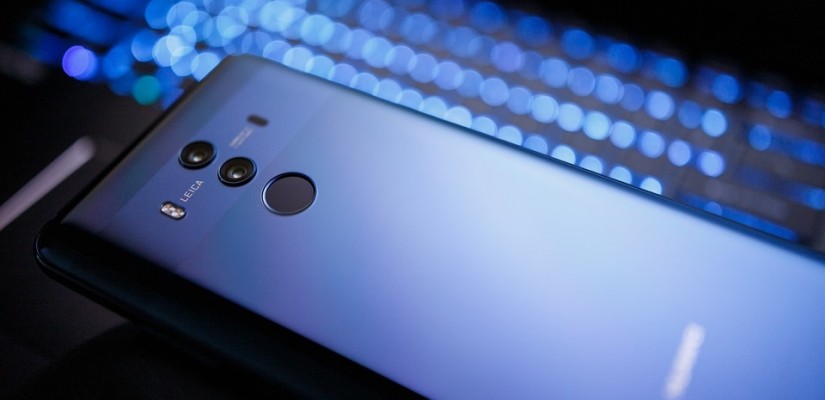
The Japanese government has warned independent administrative agencies and designated corporations handling private data to avoid telecommunications equipment made by Chinese companies such as Huawei Technologies. The government in Tokyo is set to implement a new provision that would affect 96 entities, and each would be required to take necessary actions to comply with new cybersecurity laws. This includes agencies such as the National Institute of Advanced Industrial Science and Technology, the Government Pension Investment Fund, and Japan’s Atomic Energy Agency, as well as nine designated corporations such as Japan’s Agency for Local Authority Information Systems and the Japan Pension Service.
In April 2019, the Japanese government began assessing security risks related to communications equipment for its central ministries and agencies, ultimately determining that Huawei, among others, conveyed significant cybersecurity risks. Japan’s stance against Chinese telecommunications is consistent with that of the United States. US President Donald Trump and his administration also view Huawei as a cybersecurity risk and have taken measures to prevent the installation of Huawei’s 5G telecommunications. The spread of next-generation 5G communication standards will significantly increase the amount of data being sent and received. While necessary for future development, the implementation of 5G also raises the risk of cyber-attacks.
